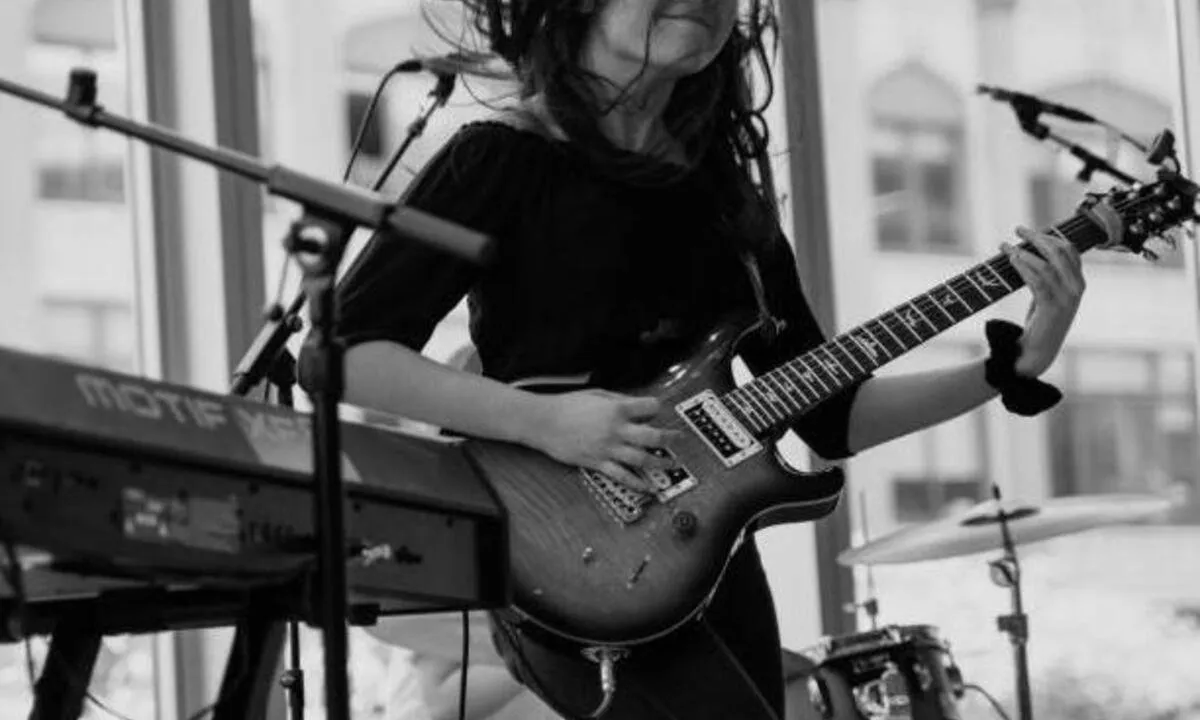
Guitar Performance Techniques 
Guitar Performance Techniques is an online course designed to help guitarists develop the essential skills to play well with others in any ensemble situation. Through daily warm-up techniques, chords, time accuracy, tone production, ear training, and jamming with other musicians, you will gain the confidence to interact with other musicians in a group setting and bring your best to any jam session. Learn the skills to become a better musician and take your guitar playing to the next level. ▼
ADVERTISEMENT
Course Feature
![]() Cost:
Cost:
Free
![]() Provider:
Provider:
Coursera
![]() Certificate:
Certificate:
Paid Certification
![]() Language:
Language:
English
![]() Start Date:
Start Date:
10th Jul, 2023
Course Overview
❗The content presented here is sourced directly from Coursera platform. For comprehensive course details, including enrollment information, simply click on the 'Go to class' link on our website.
Updated in [May 25th, 2023]
Guitar Performance Techniques is a course designed to help guitarists develop the essential skills needed to play well with others in any ensemble situation. Through daily warm-up techniques, students will learn how to prepare for rehearsals, jam sessions, and stage performances. The course will also cover chords, time accuracy, tone production, ear training, and the many aspects of jamming with other musicians. Upon successful completion of the course, students will be able to confidently interact with other musicians in a group setting and bring their best to any jam session.
[Applications]
Upon successful completion of this course, students should be able to apply the skills they have learned to any ensemble situation. They should be able to confidently interact with other musicians in a group setting and bring their A-game to any jam session they join. Additionally, they should be able to use the daily warm-up techniques to prepare for rehearsals, jam sessions, and stage performances. Finally, they should be able to use the skills they have learned to improve their chords, time accuracy, tone production, and ear training.
[Career Paths]
1. Guitar Teacher: Guitar teachers provide instruction to students of all ages and skill levels. They teach students how to play the guitar, as well as music theory, technique, and performance. As technology advances, guitar teachers are increasingly using online platforms to teach students remotely.
2. Music Producer: Music producers are responsible for overseeing the production of music recordings. They work with artists to create the best possible sound for their recordings, and are responsible for selecting the right instruments, sound effects, and other elements to create the desired sound. Music producers must also be knowledgeable about the latest recording technology and trends.
3. Music Composer: Music composers create original music for a variety of purposes, including film, television, video games, and live performances. They must be knowledgeable about music theory, composition, and performance techniques, and must be able to work with a variety of instruments and styles. As technology advances, music composers are increasingly using digital tools to create their compositions.
4. Live Sound Engineer: Live sound engineers are responsible for setting up and operating sound equipment for live performances. They must be knowledgeable about sound systems, microphones, and other audio equipment, and must be able to troubleshoot any technical issues that may arise during a performance. As technology advances, live sound engineers are increasingly using digital tools to create the best possible sound for their performances.
[Education Paths]
1. Bachelor of Music in Performance: This degree path focuses on developing the technical and artistic skills necessary to become a professional musician. Students will learn the fundamentals of music theory, composition, and performance, as well as the history of music and its development. This degree path is becoming increasingly popular as more people are looking to pursue a career in music.
2. Bachelor of Music in Music Education: This degree path focuses on teaching music to students of all ages. Students will learn the fundamentals of music theory, composition, and performance, as well as the history of music and its development. This degree path is becoming increasingly popular as more people are looking to pursue a career in music education.
3. Master of Music in Performance: This degree path focuses on developing advanced technical and artistic skills necessary to become a professional musician. Students will learn advanced music theory, composition, and performance, as well as the history of music and its development. This degree path is becoming increasingly popular as more people are looking to pursue a career in music performance.
4. Master of Music in Music Education: This degree path focuses on teaching music to students of all ages. Students will learn advanced music theory, composition, and performance, as well as the history of music and its development. This degree path is becoming increasingly popular as more people are looking to pursue a career in music education.
Pros & Cons

Very useful techniques.

Challenging but amazing.

Valuable musical insight.

Difficulty of recording assignments.

Grading of final assignment at mercy of peers.

Lack of improvisation techniques.
Course Provider

Provider Coursera's Stats at AZClass
Discussion and Reviews
0.0 (Based on 0 reviews)
Explore Similar Online Courses

Procurement Basics
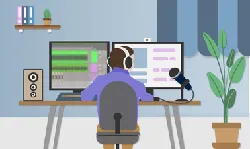
Audio Production for Virtual Media Creators: Advanced Loop Creation and Underscoring

Python for Informatics: Exploring Information

Social Network Analysis

Introduction to Systematic Review and Meta-Analysis

The Analytics Edge

DCO042 - Python For Informatics

Causal Diagrams: Draw Your Assumptions Before Your Conclusions

Whole genome sequencing of bacterial genomes - tools and applications
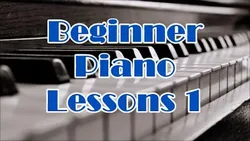
Piano Lessons For Beginners Series - How To Play Piano
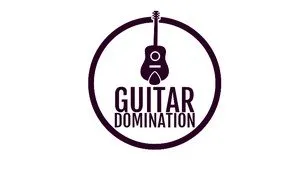
A beginner`s guide to fingerpicking and strumming guitar"
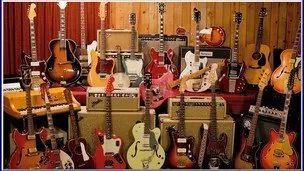
The Top 24 Guitar Hacks & Tips for Beginners
 Related Categories
Related Categories
 Popular Providers
Popular Providers
Quiz
 Submitted Sucessfully
Submitted Sucessfully
1. Which of the following is an important skill for a guitarist to learn?
2. Which of the following is not a part of Guitar Performance Techniques?
3. Upon successful completion of this course, what will you be able to do?
4. Guitar Performance Techniques helps guitarists learn the essential and practical skills to play well with others in any _________ situation.
Correct Answer: ensemble


Start your review of Guitar Performance Techniques